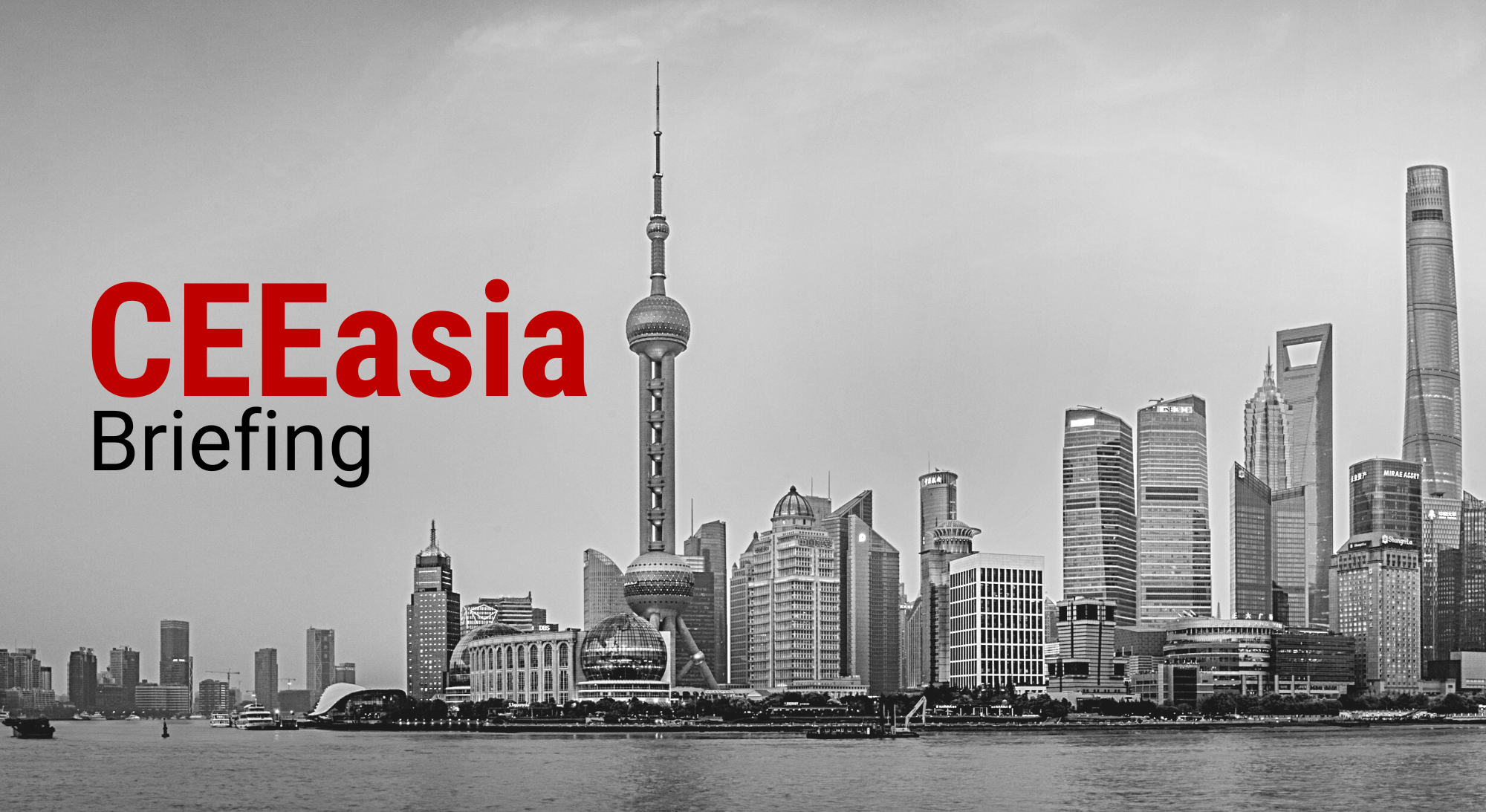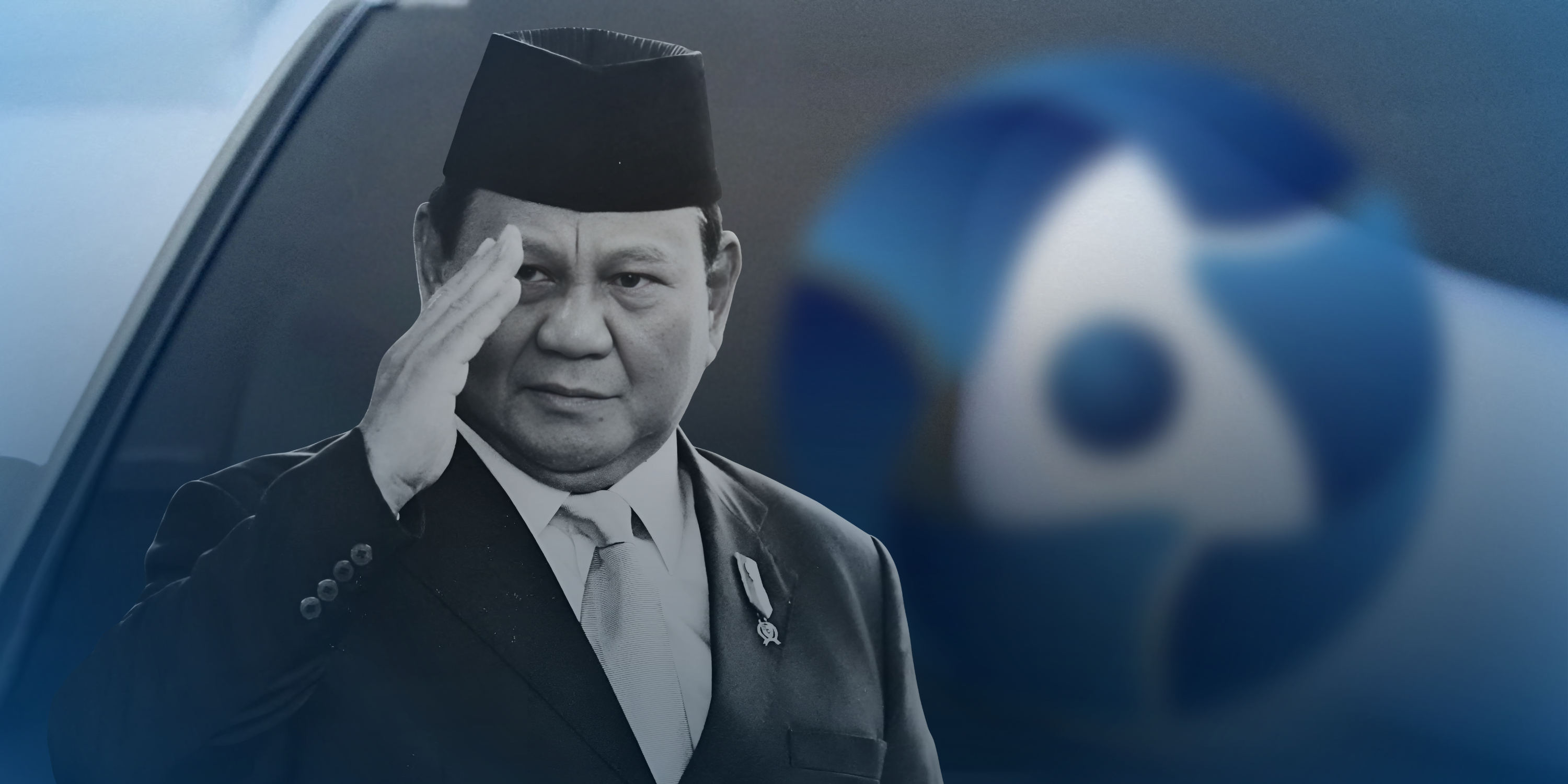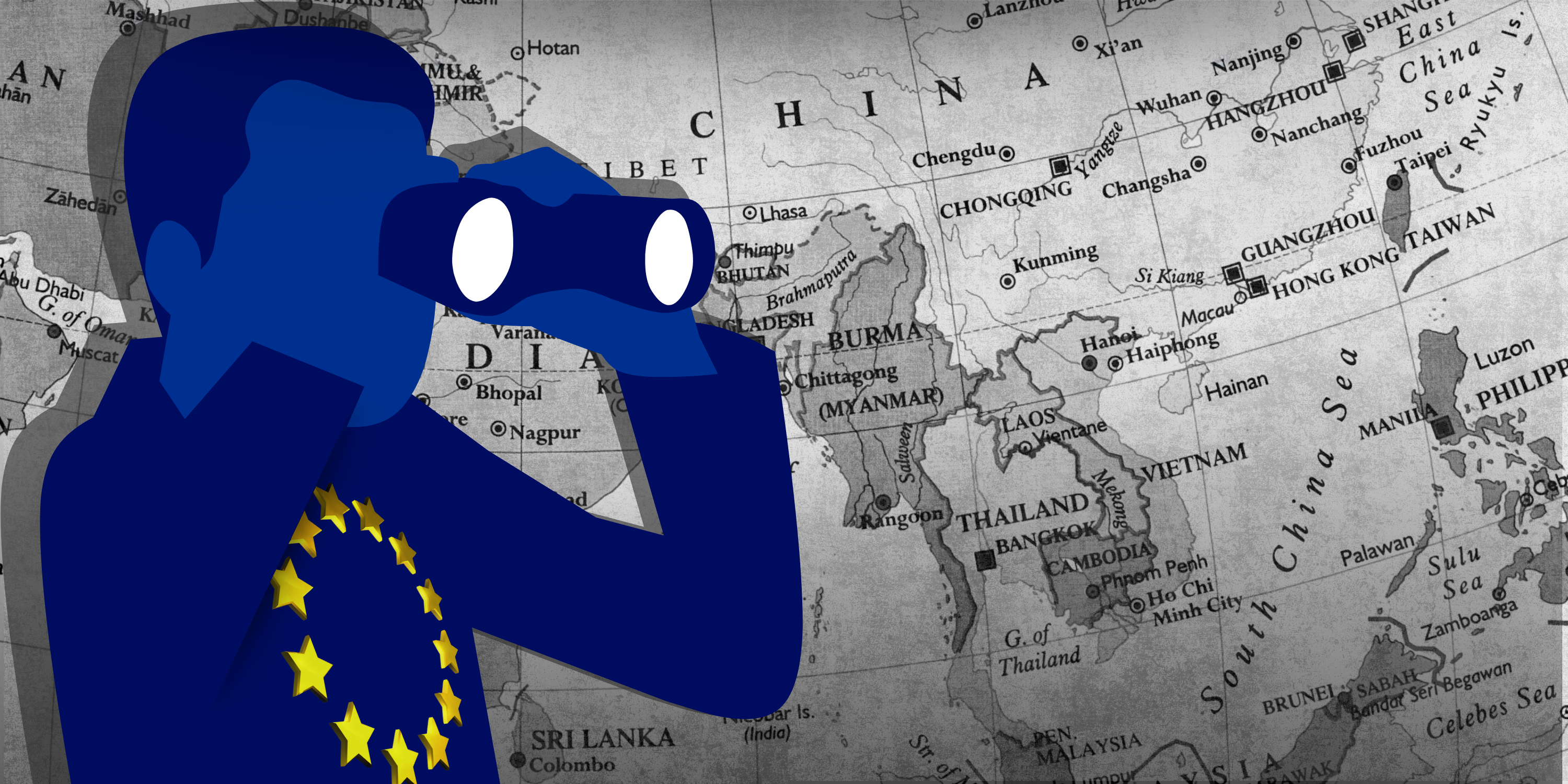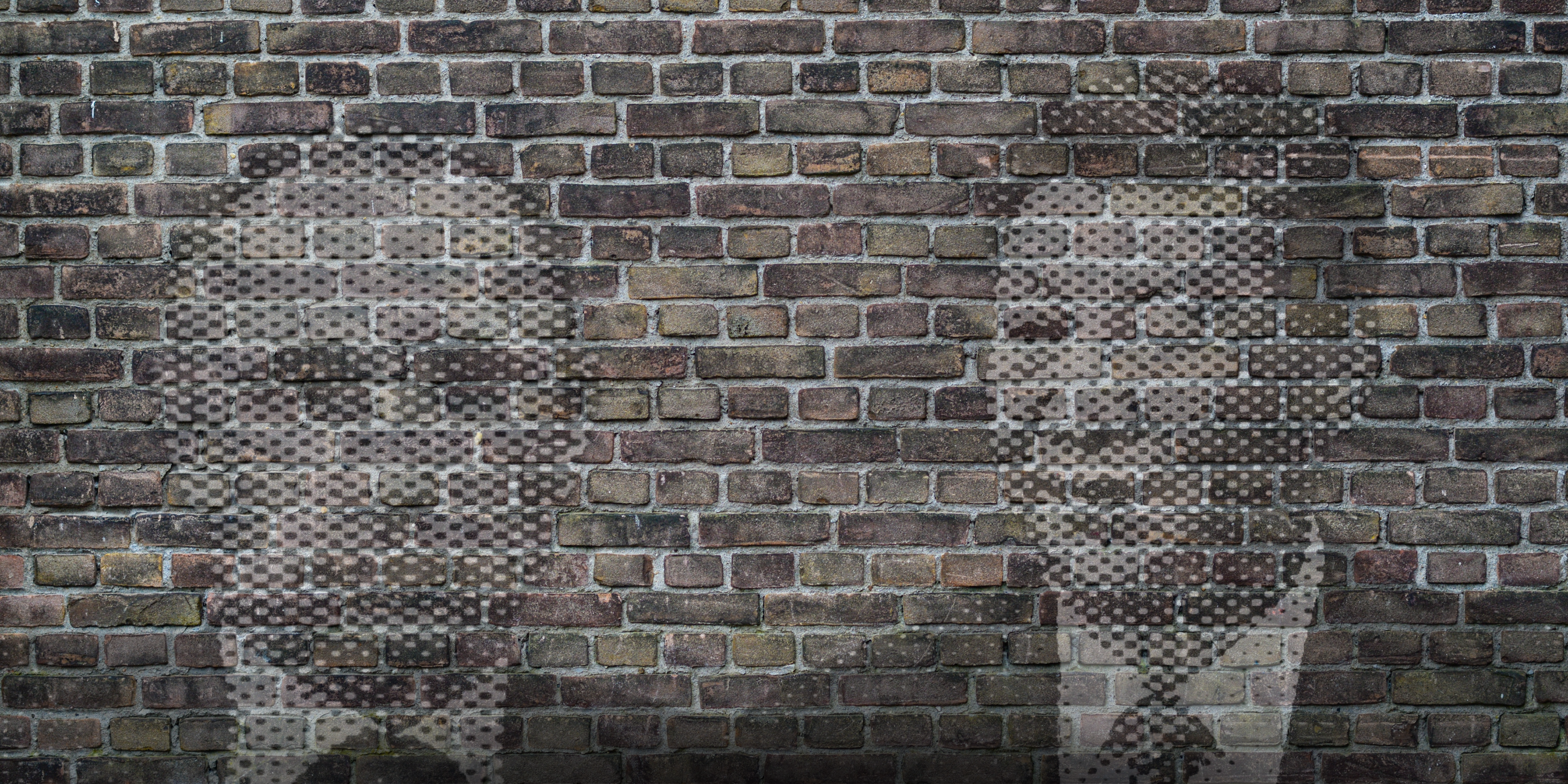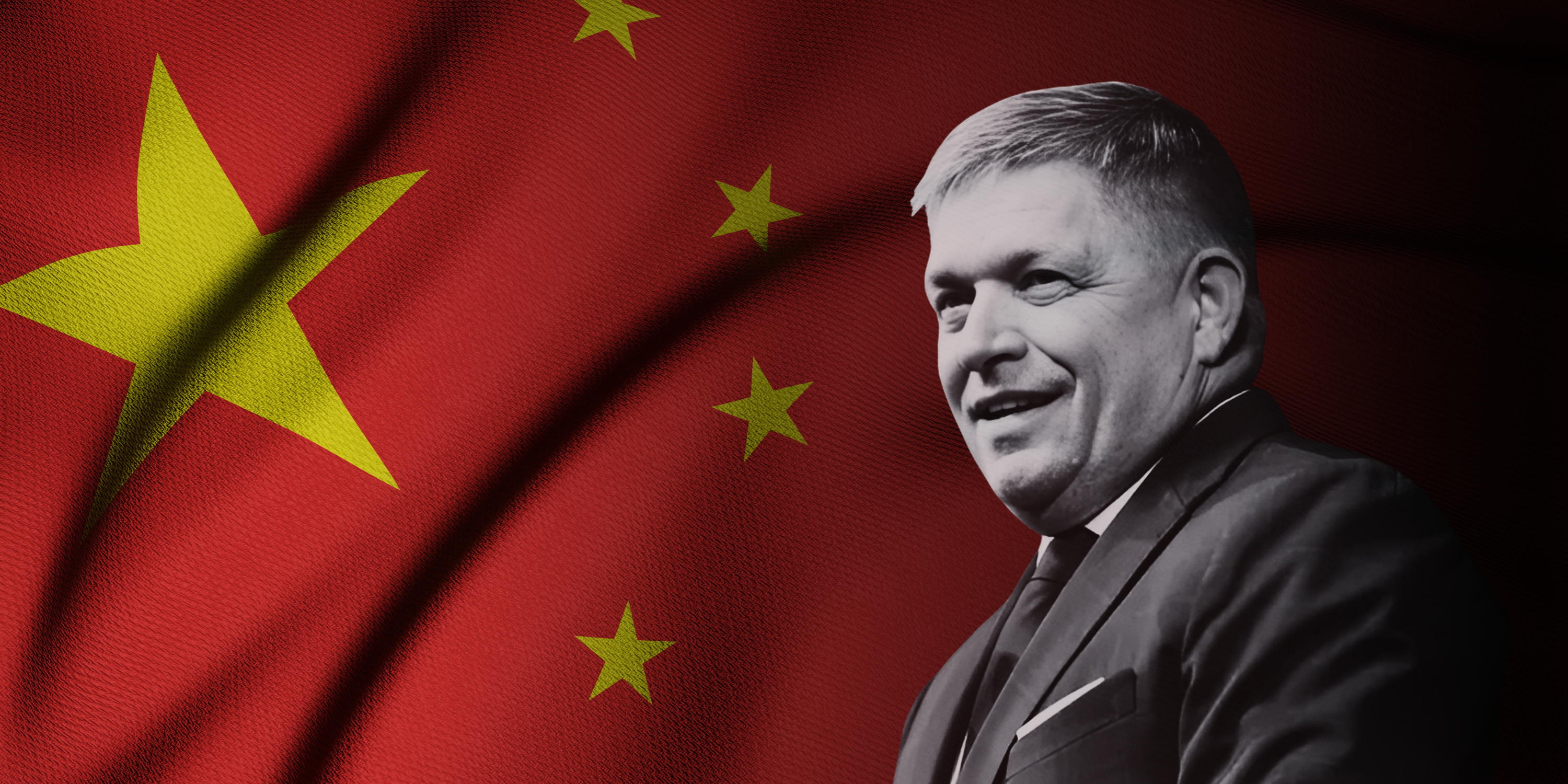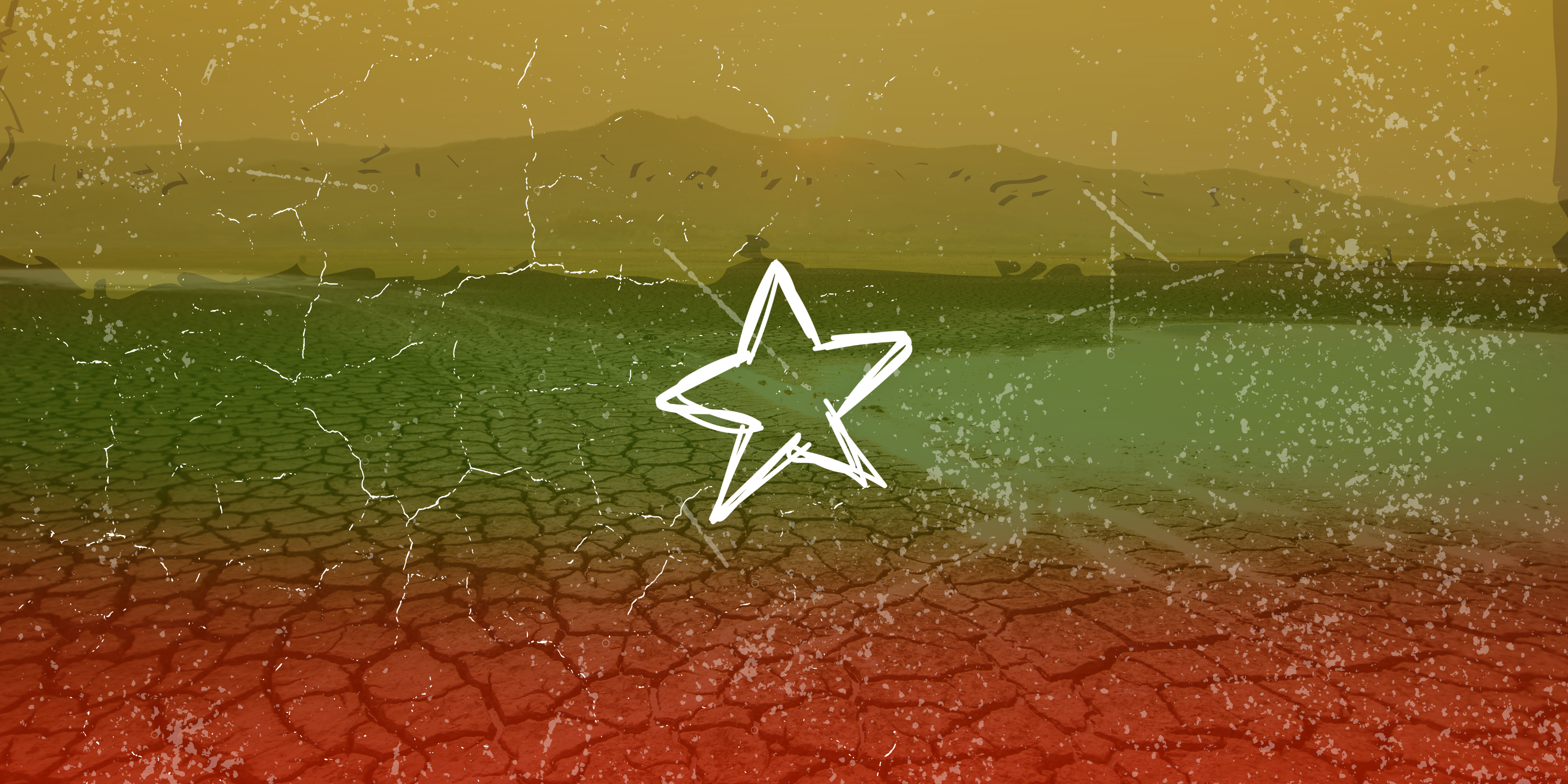Welcome to the 34th issue of the #CEEasia Briefing.
In this issue we dissect the following topics:
- Hungary’s continuing outreach to China
- Taiwan-CEE relations
- Taliban’s deal with Russia
- ECtHR ruling on extraditions to China
If you like what you see, please forward this message to your friends and colleagues who can subscribe here.
Do you need to know more about East Asia? Don’t hesitate to shoot us a message about custom analysis tailored to your needs.
1. Hungary’s continuing outreach to China
What’s going on? Hungarian Minister of Foreign Affairs Péter Szijjártó met his Chinese counterpart Wang Yi on the sidelines of the 77th session of the UN General Assembly (UNGA) in New York. Praising Chinese battery investment in Debrecen, the most significant Chinese investment in Hungary announced to date, Szijjártó emphasized the importance of China for Hungary’s growth.
In addition… Szijjártó also appeared on CGTN, where he criticized the European Parliament for what he perceived as the institution’s continuing attacks on Hungary’s right-wing government. The Minister then participated as one of the speakers at the Huawei European Innovation Day in Budapest, where he repeatedly referred to Huawei and other Chinese companies as “partners”, marking a stance radically different from his V4 neighbors.
This means… While the other V4 states are becoming increasingly critical of China and its investments are subject to increased scrutiny, Hungary continues presenting itself as China’s remaining V4 ally. We can draw a particular comparison with Poland, another country known to praise Chinese investments in the past but which has become more critical since the Russian invasion of Ukraine. With the two countries taking opposite stances on the invasion, Poland’s foreign policy shift was to be expected. And Wang Yi’s reassurance to his Polish counterpart Zbigniew Rau on the UNGA sidelines that China is not supporting a protracted war in Ukraine is unlikely to change Poland’s more hawkish stance.
Further reading:
Hungary Today: Chinese Investment Contributes to Hungary’s Growth
The Diplomat: China-Poland Relations amid the Ukraine War
2. Taiwan and CEE make progress on high-tech cooperation
What’s going on? Shortly after the Lithuanian Trade Representative Office was opened in Taiwan, the two countries saw another breakthrough in their relations, this time in the high-tech sector. Taiwanese and Lithuanian researchers jointly developed a high-power thin-disk laser (TDL), marking a significant development in the laser industry.
Going deeper… As suggested by Lithuanian Prime Minister Ingrida Šimonyté in her October interview with Nikkei Asia, this development highlights the complementarity between Lithuanian laser and Taiwanese semiconductor industries, suggesting further avenues for high-tech cooperation. On a similar note, the Polish Office in Taipei signed a memorandum of understanding with the Taipei Representative Office in Poland, establishing a working group on semiconductor cooperation between the two countries.
This means… All of this is significant amidst the ongoing debates about possible investments by Taiwanese semiconductor firms in the EU, which the bloc is striving for under the European Chips Act. EU is increasingly aware of a need to boost its semiconductor manufacturing capacity and reroute its current supply chains. And given Taiwan’s semiconductor strength the island is in a position to potentially reshuffle global supply chains, something which Taiwanese President Tsai Ing-wen has lauded during her recent meeting with the first Inter-Parliamentary Alliance on China (IPAC) delegation to Taiwan, led by a vocal China critic Reinhard Bütikofer and consisting of representatives from both European and national parliaments.
Further reading:
Nikkei Asia: Lithuania’s ties with Taiwan will pay high-tech dividends
SCMP: Europe eyes new ‘non-China’ supply chains as Taiwan tensions stoke semiconductor worries
Focus Taiwan: Tsai touts Taiwan’s advantage in global supply chain reshuffle
3. Taliban strikes a provisional deal with Russia on import of key commodities
What’s going on? According to the Ministry of Commerce and Industry‘s spokesperson Akhundzada Abdul Salam Jawad, Afghanistan signed a preliminary agreement with Russia to import wheat, millions of tonnes of diesel, petrol, and liquified petroleum gas at a discounted price. The deal comes as Afghanistan sinks deeper into an economic and humanitarian crisis. The deal, which the two sides plan to extend into a long-term agreement, is the first of its kind since the Taliban came to power in August 2021.
Going deeper… Regarding hydrocarbon imports, Afghanistan currently relies on Pakistan, Turkmenistan, and Iran. And while imports from Tehran skyrocketed in the first weeks following the Taliban takeover, fuel flows have decreased sharply in 2021 due to growth in Iran’s domestic consumption and refinery maintenance works.
So… In 2022, the Taliban reached a new deal with Iran on oil purchases and even discussed establishing a gas pipeline and building refineries in Afghanistan. Yet, the increase in global energy and food prices resulted in high inflation and an unprecedented rise in petroleum product prices in Afghanistan. The Taliban is now trying to diversify its traditional trading partners. On top of that, Central Asia is also hit hard by droughts for two consecutive years now, further affecting food production.
This means… Afghanistan is amid a deepening economic and humanitarian crisis meaning that the deal with Russia would probably help to improve its situation. In addition, the Taliban also wants to trade with the international community and is seeking international recognition while Moscow is seeking to diversify its export markets, mainly to address its dependency on India and China.
Further reading:
Reuters: Afghan Taliban sign deal for Russian oil products, gas, and wheat
The Guardian: Russia to work with Taliban where it ‘suits Moscow’s interests’
4. European Court of Human Rights: No more extraditions to China
What’s going on? European Court of Human Rights (ECtHR) delivered a landmark judgment on the permissibility of extraditions to China. The case in question concerned a Taiwanese citizen who allegedly committed online fraud against Chinese nationals detained in Poland pending the processing of China’s extradition request.
According to the ECtHR, consistent reporting of torture and ill-treatment in Chinese detention facilities presents a “general situation of violence.” Consequently, ECtHR ruled that should extradition happen, it would be a breach of art. 3 of the Convention (prohibition of torture, inhuman, or degrading treatment and punishment).
Going deeper… Unless an appeal is lodged, the decision will dramatically impact the prospects of future extraditions to China, regardless of the alleged crime. No extraditions to China should be allowed, processed, or completed, even if China offers informal assurances. States have to observe this, even if bilateral extradition treaties are in place. Currently, 8 EU member states have extradition treaties with China that are in force.
The ECtHR decision is especially welcome in Taiwan, as the country has spent the considerable diplomatic effort to safeguard its citizens against extraditions to mainland China. A notable case when this problematic practice occurred was the 2019 extradition of 94 Taiwanese nationals to China from Spain. This experience has since motivated Taiwan’s attempts to conclude its own extradition and legal cooperation treaties with European countries. So far, two such agreements have been concluded – with Poland and Slovakia.
Nevertheless… Even if no more extraditions to China happen, states need to be wary of potential Chinese attempts at extra-judicial renditions when (threats of) violence are used to “persuade” people to travel to China to face legal proceedings. A global network of illegal extraterritorial police stations may be used for this, as was recently exposed by the NGO Safeguard Defenders. China’s extraterritorial police stations within the CEE region were identified in Austria, Czechia, Slovakia, Hungary, Serbia, and Ukraine.
Further reading:
ECtHR: Judgment in case Liu v. Poland (37610/18)
Safeguard Defenders: Landmark decision could herald end to Europe’s extraditions to China
Safeguard Defenders: 110 Overseas: Chinese transnational policing gone wild
CEIAS: Extraditions and legal cooperation: next frontier of Taiwan’s outreach to Europe?
Quick takes on CEEasia developments
CHINA | The Czech BIS reported that in the case of Chinese interests, there have been no significant changes in the major trends. The Chinese Communist Party seeks to eliminate the consequences perceived as a threat to its regime. According to the report it does so by increasing the importance of the Chinese expatriate community and China’s willingness to invest funds in legitimate academic publishing. Another tactics include increasing the number, severity, and sophistication of cyberespionage attacks on both state and non-state actors.
TAIWAN | A cross-party delegation of six German lawmakers visited Taiwan at the beginning of October to strengthen bilateral ties with the island. The visit included meetings with Taiwan’s President Tsai Ing-wen, and Foreign Minister Joseph Wu, among others.
SOUTH KOREA | Mrs. Lucia Kišš from the Slovak Ministry of Foreign and European Affairs and Mr. Tomáš Kakula from the Slovak Ministry of Economy held a short visit to the Republic of Korea. This visit included the business and academic delegation of Slovak companies and universities, who met with representatives of the Korean Ministry of Foreign Affairs, the Ministry of Trade, Industry and Energy, and the Korean Trade-Investment Promotion Agency. Moreover, they were also part of the expo ROBOTWORLD 2022, which consists of an exhibition, contest, and conference all in one.
JAPAN | Germany held the first-ever military training in Japanese airspace, improving tactical skills, promoting mutual understanding, and further deepening cooperation with its allies.
PAKISTAN | The EU and Pakistan held the 12th Joint Commission meeting at the beginning of October in Islamabad. The two sides discussed climate change, rule of law as well as protection of the rights of women, children, transgender persons, and journalists. They have also discussed regional issues including a comprehensive approach to migration, Afghanistan, and Jammu & Kashmir.

